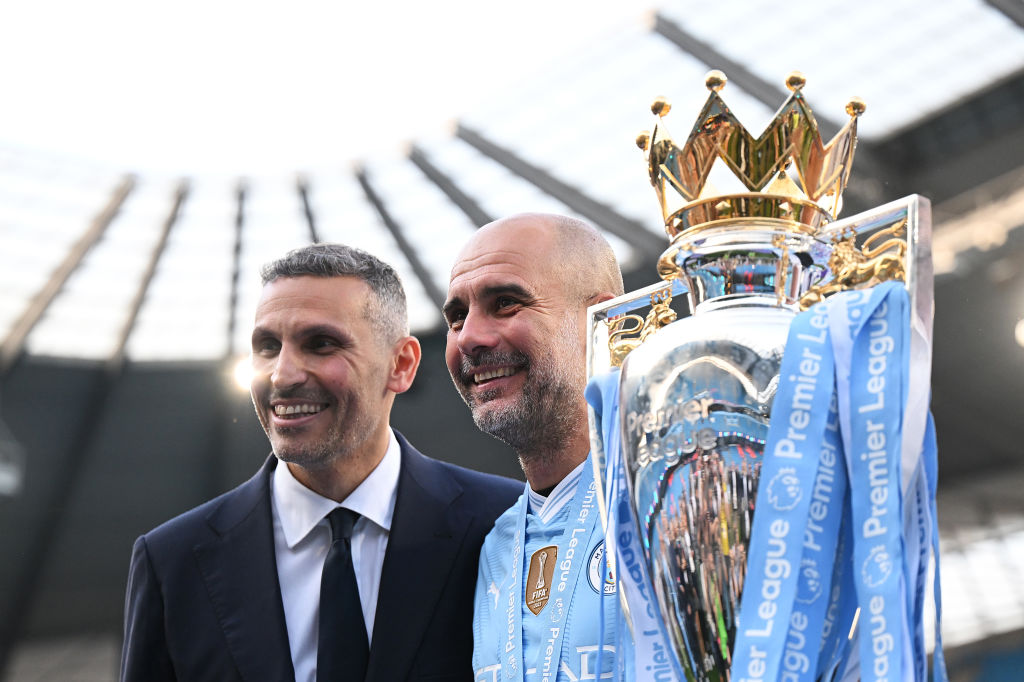Trending
- Does Joy Reid Have Children? Find Out If She Has Kids – Hollywood Life
- Was Joy Reid Fired from MSNBC? Find Out What Happened – Hollywood Life
- M1 J11 southbound access | Southbound | Broken down vehicle
- Meet His 8 Children From Oldest to Youngest – Hollywood Life
- Interview With Shingo Tsukamoto, President Of Sizing Technology Specialist Makip
- Three flood alerts issued in Sussex as heavy rain expected
- How Much Money She Has – Hollywood Life
- Starmer told that £200 million for Grangemouth must be ‘used correctly’




Sport business experts emphasize the necessity for a unified approach to regulation in European football for its sustained growth. According to Deloitte’s Annual Review of Football Finance, the European football market experienced a 16 per cent growth to €35.3bn (£30.7bn) in 2022-23, with Premier League revenue exceeding £6bn for the first time. However, disagreements among top clubs, including English champions Manchester City, regarding the level of regulation have created divisions within the industry.
Tim Bridge, lead partner at Deloitte’s Sport Business Group, describes this situation as an “inflection point” for European football. Jenny Haskel, providing additional insights, emphasizes the importance of appropriate regulation aligned with a long-term strategic vision and the need for stakeholders to unify around regulatory frameworks. She stresses that regulations should not be implemented merely for the sake of regulation but should be part of a cohesive strategy for the sport’s future.
The Premier League is contemplating the adoption of a hard spending cap known as “anchoring,” tying the budgets of top clubs to multiples of the income of the least affluent clubs. This proposal has faced opposition, notably from Manchester City and Manchester United’s Sir Jim Ratcliffe, leading to legal disputes and debates over spending limits.
With the upcoming establishment of an independent regulator in English football post-general election, there are concerns and differing opinions about its impact on the sport. Haskel underlines the need for stakeholders to align on the path forward and the appropriate regulations to achieve a positive future for football.
Despite record revenue figures, challenges such as escalating wage costs, increased pre-tax losses, and rising club debts highlight the complexities facing the football industry, necessitating comprehensive regulatory frameworks and collaborative efforts among stakeholders to ensure sustainable growth and stability.